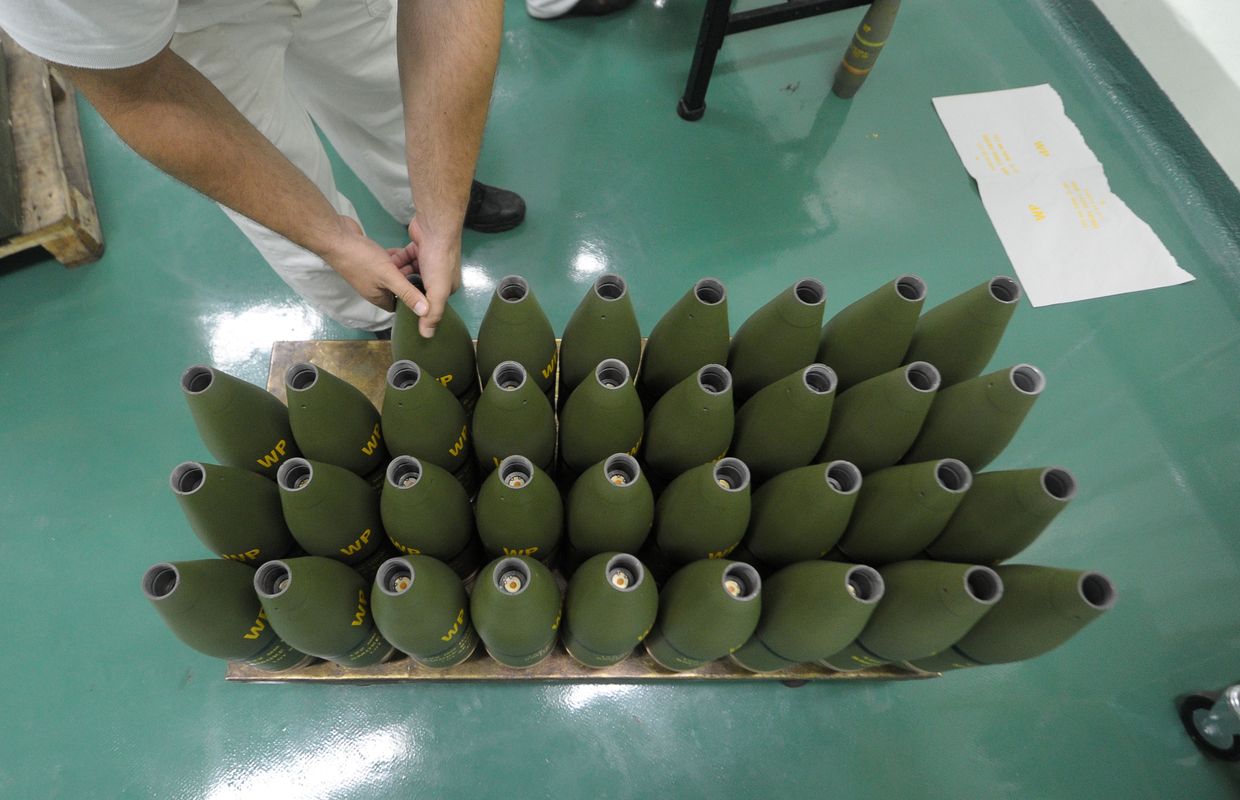Matt Drange,Rob Price
Fri, Jun 6, 2025, 9:17 AM 6 min read
A Business Insider analysis of more than a decade's worth of executive compensation data suggests that some corporate leaders could be enriching themselves by timing market-moving announcements around scheduled stock options grant dates.
Stock options give an employee the right to buy company shares at a fixed "strike" price, normally set on the day the option is awarded, and sell them later at market value. Stock options are designed to be an incentive to improve company performance — the bigger the gap between the strike price and the eventual market sale price, the bigger the payday.
After the options backdating scandal of the late 2000s, in which executives at myriad publicly traded companies were found to have illegally altered grant dates to create lower strike prices, most companies addressed an obvious loophole by scheduling grant dates well in advance.
This created a new opportunity: Executives could time key announcements around these fixed dates, disclosing negative news just before granting options to drive the stock price down, or positive information soon afterward to drive it up.
Either scenario causes the strike price — and therefore the eventual cost to exercise the options — to be at a relative low point, creating an opportunity to earn a more handsome sum.
BI found a widespread pattern of a drop in some companies' share prices in the run-up to regularly scheduled grant dates, followed by a corresponding climb in the weeks afterwards.
"Statistically, there's no way this pattern is an accident," said Robert Schonlau, a finance professor at Colorado State University who studies executive compensation and analyzed BI's dataset. Schonlau, who coauthored a 2018 paper on the phenomenon, said researchers would expect price fluctuations to be random around an executive's grant date, "unless there is something else at play, that is nonrandom, and not understood by investors."
Schonlau dubbed it "options opportunism."
Options opportunism comes in two forms.
"Bullet-dodging" is when bad news — a product rollout has flopped, say — is released before a grant date, driving the share price down.
Companies also can hold good news — encouraging results from a drug trial, for example — until after a grant date, driving the share price up, a practice known as "spring-loading."
Either scenario offers executives a similar financial benefit to the backdating of years past, as their scheduled grant date coincides with a relatively low point in share price. This can help executives avoid the consequences of bad news on their watch or artificially build in gains from good news.
.png)
 German (DE)
German (DE)  English (US)
English (US)  Spanish (ES)
Spanish (ES)  French (FR)
French (FR)  Hindi (IN)
Hindi (IN)  Italian (IT)
Italian (IT)  Russian (RU)
Russian (RU) 






Comments